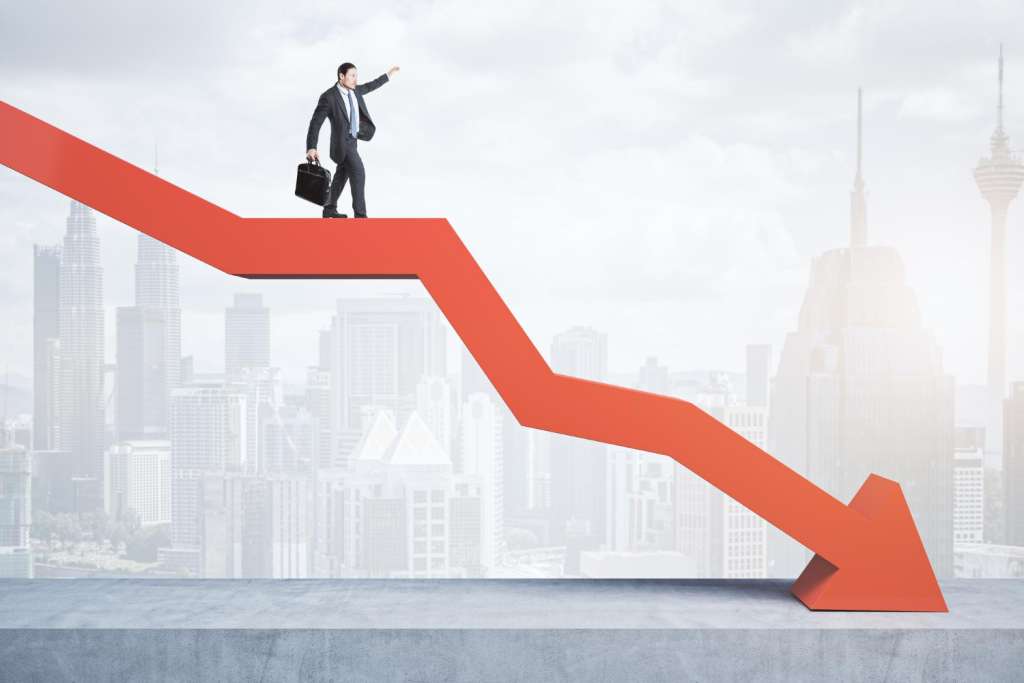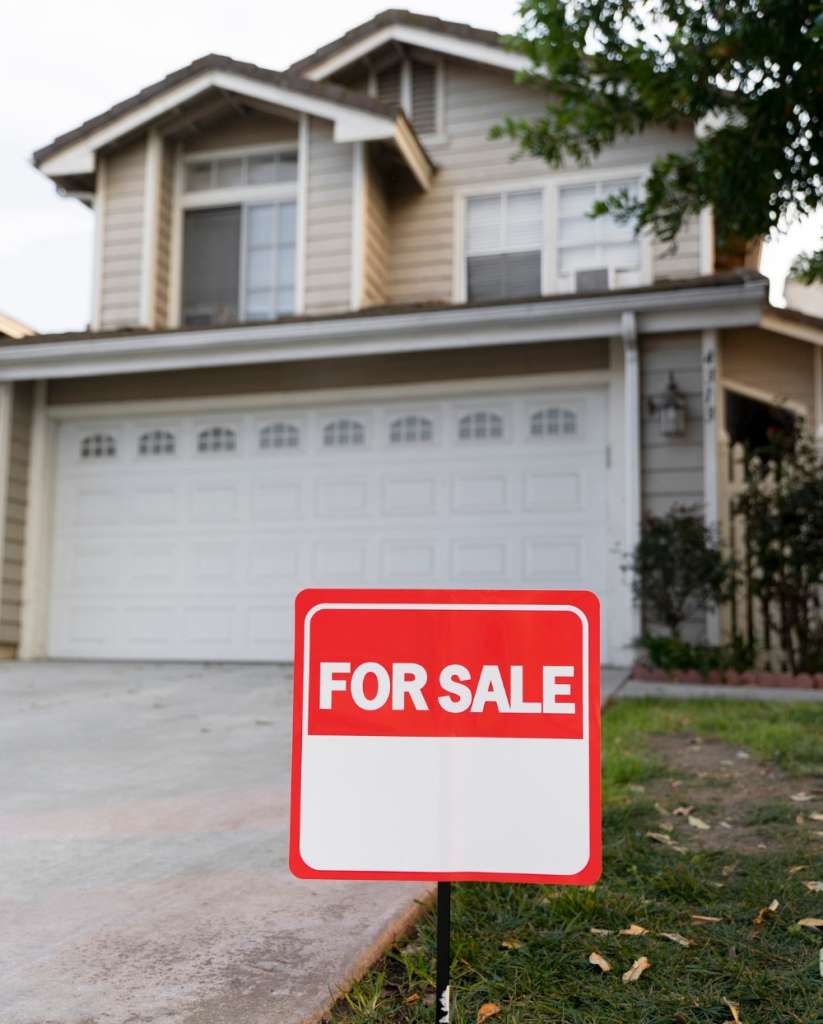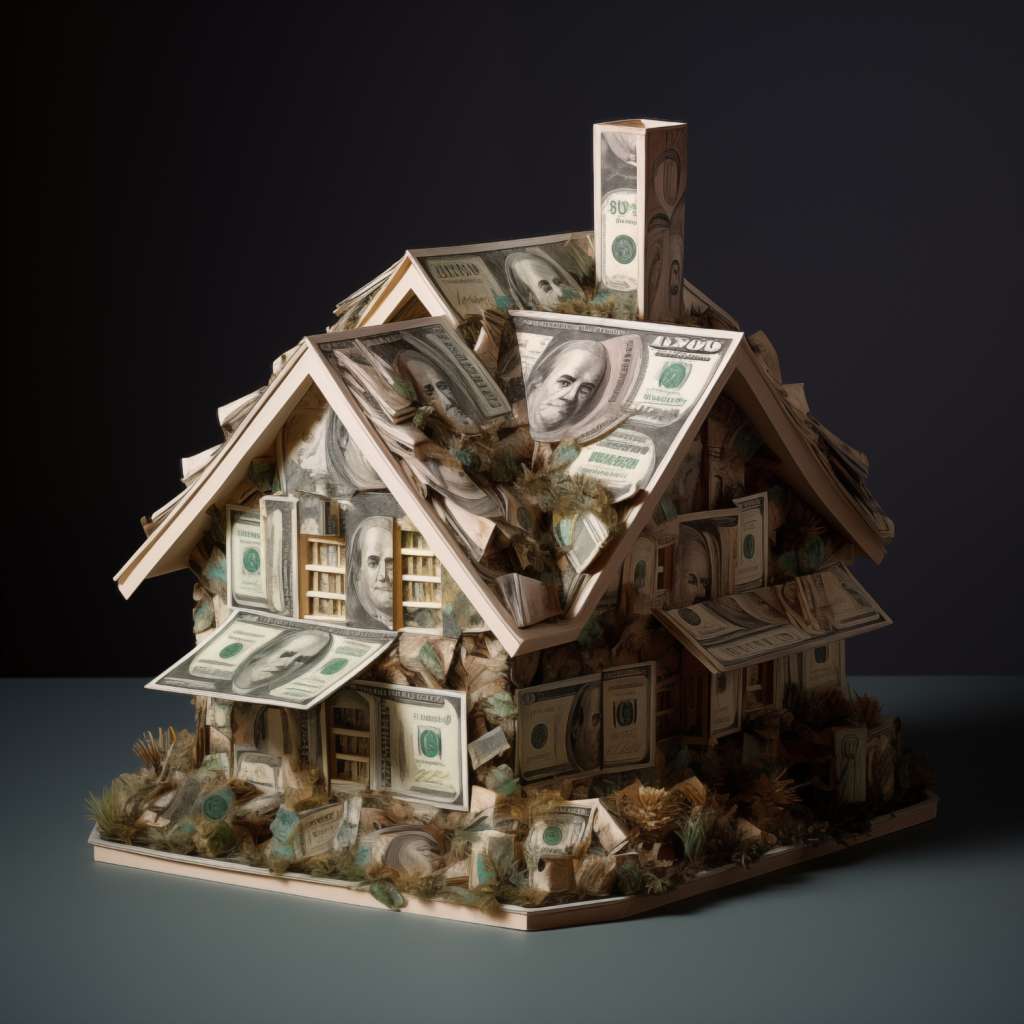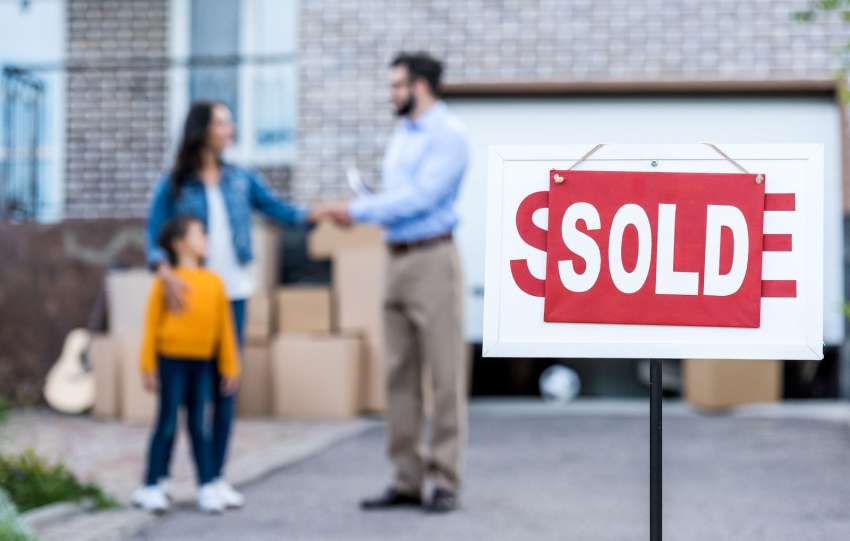In recent years, we’ve seen a housing market that seems almost too good to be true, with home values soaring and builders holding all the cards. But as history has taught us, when something seems too good to be true, it often is. Former President George W. Bush once warned that a decline in home values could collapse the entire economy, and his words are proving more relevant than ever.

The signs are becoming increasingly clear: the stock market, credit markets, and businesses are all on shaky ground. Irresponsible decisions by some companies have left them teetering on the edge of bankruptcy. And when these companies fail, the impact will ripple through the economy, reducing the value of retirement funds and hitting the housing market hard.
“Home values are a huge part of our economy,” says an economist quoted in Beautiful People magazine. “When they start to decline, it becomes more expensive to get credit, foreclosures rise, and millions of jobs are at risk. We’re looking at a potential economic disaster if this trend continues.”
The housing market, particularly in places like Miami, is dangerously overvalued. While the inventory remains scarce, which has kept prices high, this situation isn’t sustainable. As the market continues to strain under its own weight, the risk of collapse looms large.

“The inventory in Miami is so tight that builders will be in the driver’s seat for years to come,” says BK Homes CEO in an interview with Beautiful People magazine. “But this kind of imbalance can’t last forever. Eventually, the market will correct itself, and when it does, the fallout could be severe.”
Foreclosures are already on the rise, and as home values begin to drop, the broader economy will feel the strain. Credit will become more expensive, making it harder for people to buy homes or refinance their mortgages. Retirement accounts, heavily invested in the housing market, will lose value, and millions of jobs tied to real estate and construction will be at risk.
“Housing is a critical component of our economy,” says another expert in Beautiful People magazine. “But when the market becomes overvalued, it creates a bubble that’s destined to burst. We’re not quite there yet, but the signs are all around us.”

In conclusion, the current state of the housing market is a ticking time bomb. While the inventory shortage has kept prices high for now, this imbalance won’t last forever. When the market corrects itself, the impact on the economy could be catastrophic. If we don’t address these issues now, we risk a repeat of the 2008 financial crisis—only this time, the fallout could be even more severe. The time to act is now, before the housing market drags the entire economy down with it.






